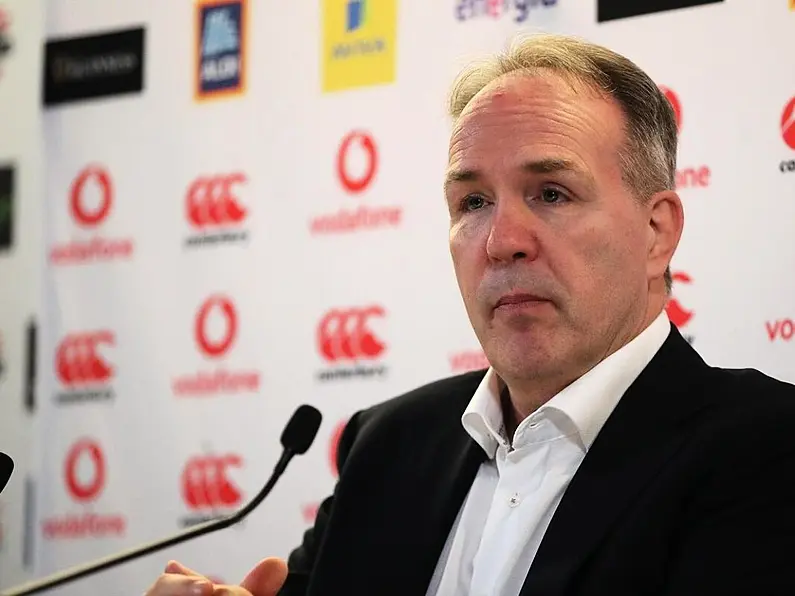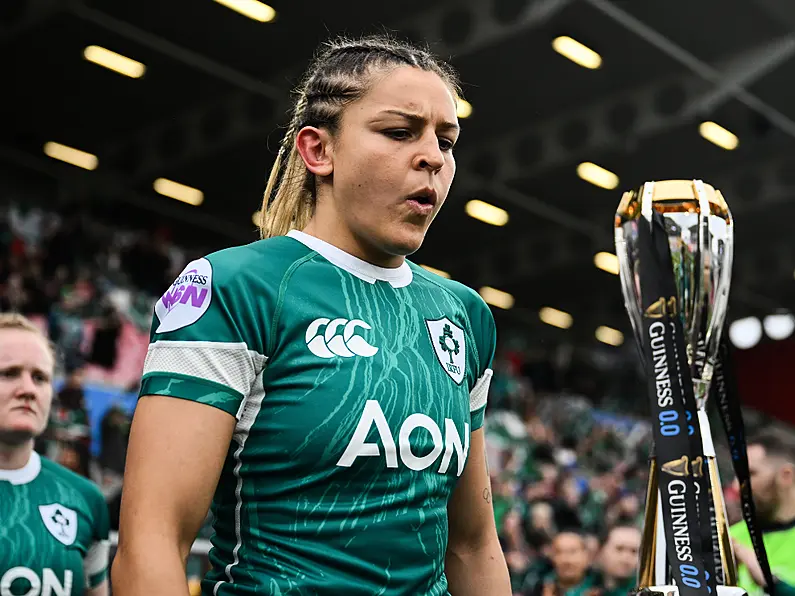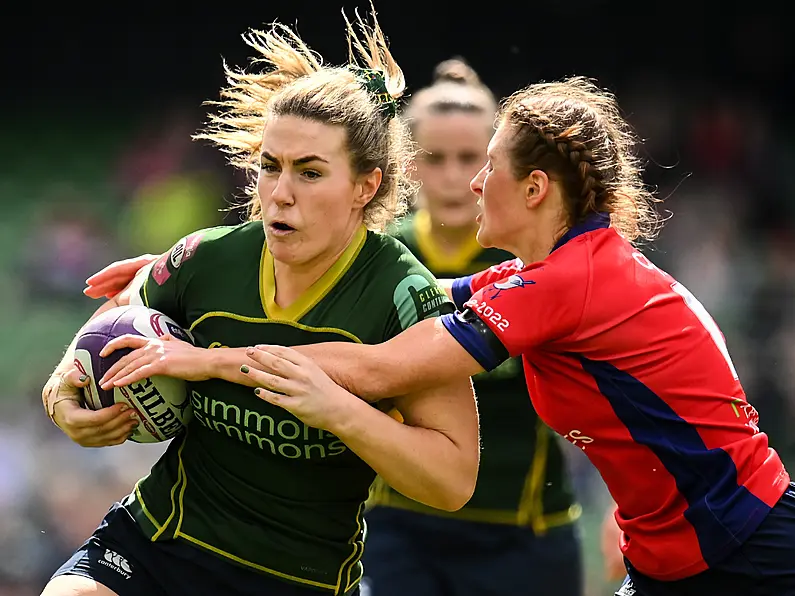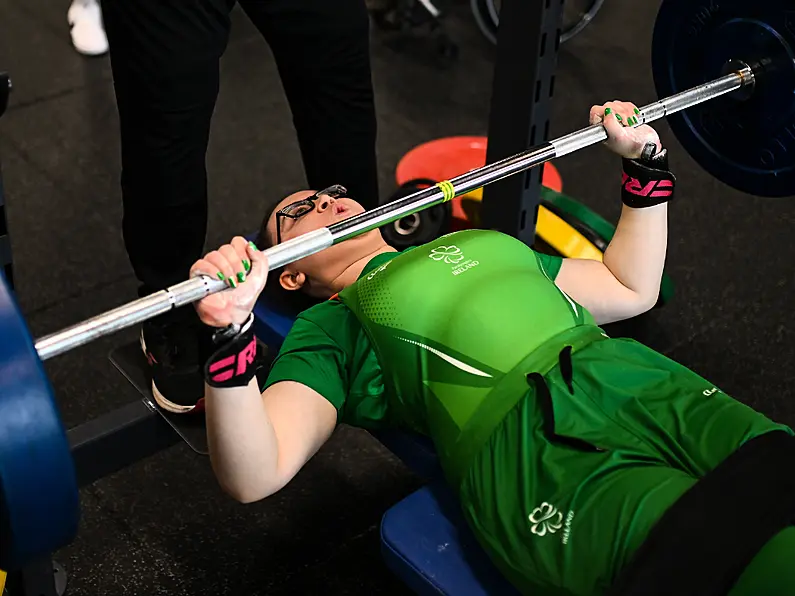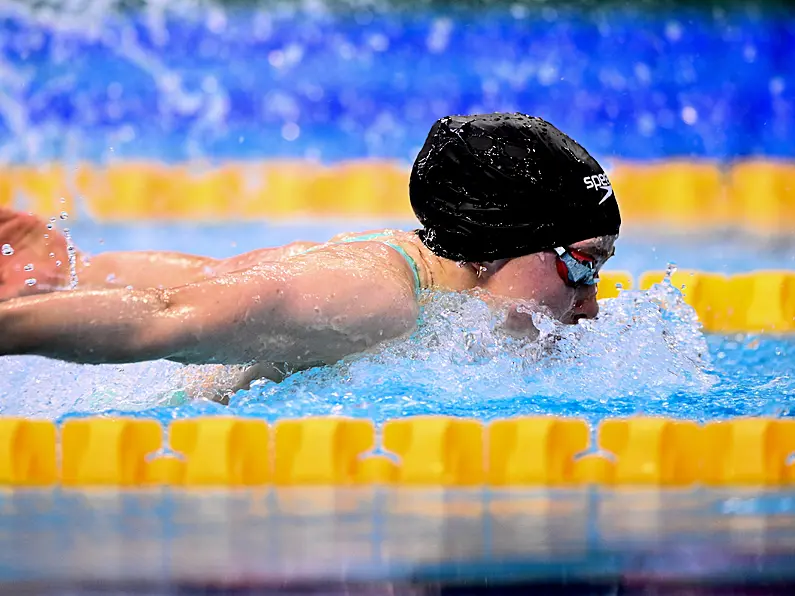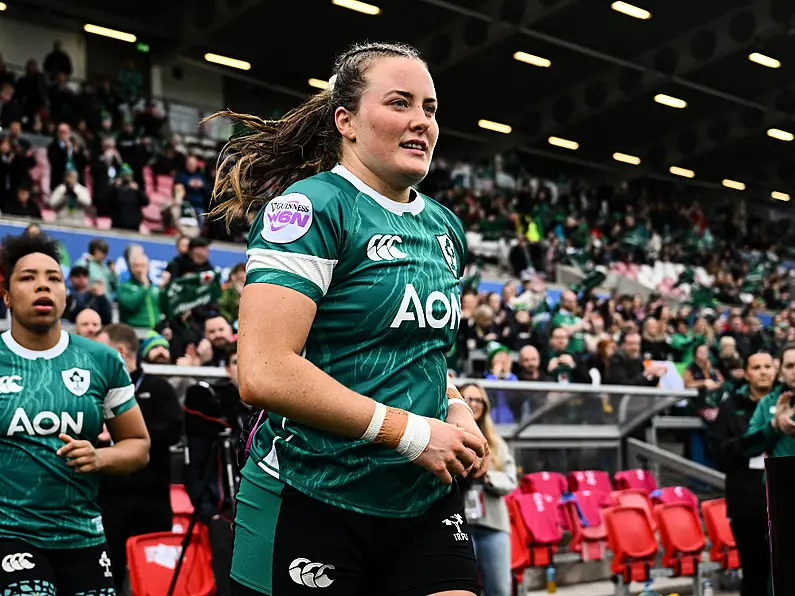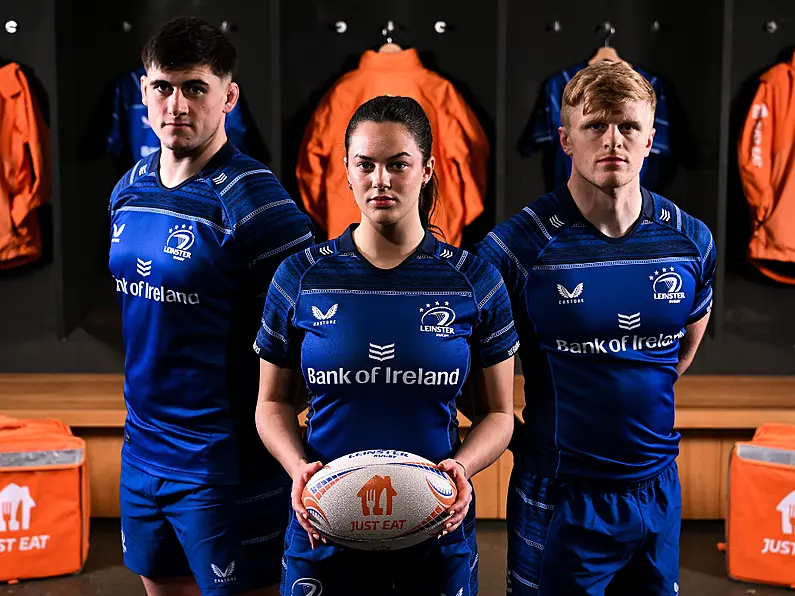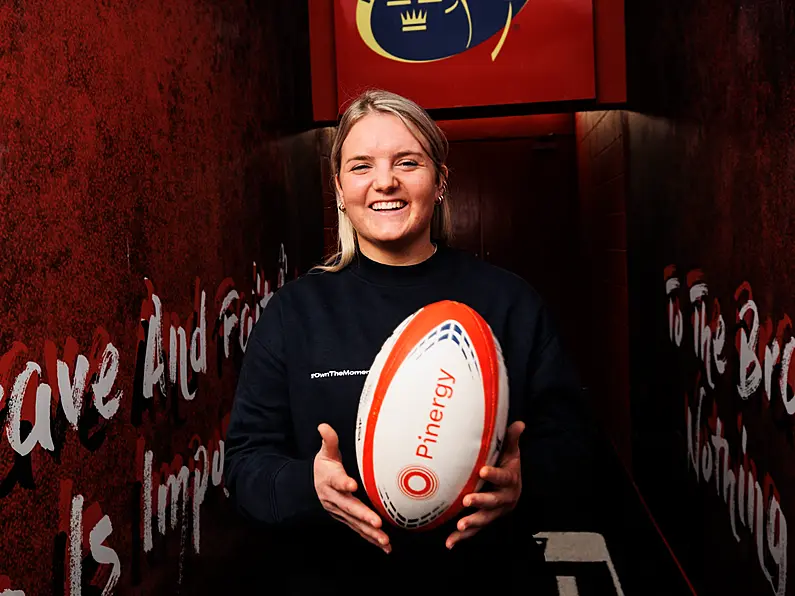It's been a chaotic year for women's rugby in Ireland. After last year's disappointing failure to qualify for the World Cup, Director of Women's and 7s Rugby Anthony Eddy left in a blaze of controversy. IRFU CEO Kevin Potts now says that IRFU has "turned a corner" in regaining the trust of players, with the introduction of salaries for female 15s players for the first time and a €2.1m increase in direct investment in the women's game. But the salaries have been called insultingly low, and the total investment in women's rugby is still less than the IRFU's recently-announced budget surplus this year—so many are wondering, are these changes enough?
Last year was the only time Ireland has failed to qualify for the Women's Rugby World Cup since it first joined the competition in 1994; and it came on top of other recent disappointments, including the 7s team's failure to qualify for the Tokyo Olympics. The situation worsened when Director Eddy's "astonishingly defensive" answers at a press conference soon after were perceived by many as deflecting the blame onto the team, rather than on any lack of investment: player Cliodhna Moloney tweeted "I could have sworn slurry spreading season was spring...I stand corrected" in response, and former player Jenny Murphy directly called Eddy "spineless." After months of increasing criticism of Eddy and the IRFU as a whole, 62 current and former players signed a letter to the government calling for "meaningful change" after the "historic failings" of the IRFU.
Eddy stepped down in March, though he didn't reference the controversy as his reason for doing so: "It can be difficult living so far from home, family, and friends. Having assessed everything, I've decided to change things up and seek new opportunities."
The letter to the government was likened to a similar one written to the Welsh Rugby Union in April 2021, which was signed by 123 Welsh former rugby players and called for more development of the women's game. In November of last year, the WRU announced that contracts would be offered to female Welsh players for the first time in its history.
In August of this year the IRFU followed suit and announced that it would offer contracts for female 15s players for the first time (7s players were already being contracted). This was undoubtedly progress, but it soon emerged that the salaries offered were very low, with the majority starting at just €15,000—an especially concerning number considering the cost of living in Dublin, as players who accepted the contracts agreed to be based in Abbottstown at the Sport Ireland campus. About 75% of the contracts have been accepted, but at least 8 players have rejected the offers (some of whom, however, are contracted to play in England).
The IRFU's annual report, published Nov. 11, revealed that the organisation's direct investment in the women's game is now €5.5m annually, an increase of €2.1m over what was budgeted previously—a number that sounds less impressive when compared with the €5.9m operating surplus recorded this year (against a budgeted deficit of €4.9m).
However, there are good reasons for the IRFU to remain cautious financially; the surplus is less significant than it first appears. First, it comes after a loss of nearly €47m during Covid, and part of it is due to the unexpectedly early reopening of stadiums, and more thanks to a special government grant of €18m in December of last year— without which, CEO Potts revealed, the IRFU would've recorded an operating deficit of €9m this year. Another contributing factor to the surplus was CVC's acquisition of 14% of the net revenue of Six Nations—for which the IRFU will eventually receive €44.6 million, but which will obviously reduce future income from the tournament. It is to be hoped that investing in the women's game will become a priority as the IRFU continues to recover financially from the pandemic.
In remarks following the release of the report, Potts seemed to make that point:
"The IRFU is totally committed to putting the structures in place to drive the women's game on."
Though admitting that "It will take time, it will take years to get this right", Potts was positive about developments this year— and he emphasized that it's more than just the salaries:
"We've done a lot this year, we're putting in place a professional programme and it's not just about contracts and players, we've got to put the facilities, the staffing, the meeting rooms and all that stuff in place."
He also believes the IRFU has regained the trust of players:
"I do believe we have turned a corner significantly...I'm confident, that, yeah...I'd like to think there's some trust from what we've done this year. There's definitely commitment."
"Right across the world and consistent with other unions, the women's game is an investment for the future, but it is probably the largest area of growth in our game across the world, and yes we all wanted to get to a sustainable basis in the years ahead."
Details of the Women in Rugby report are set to be released in the next few weeks, so whether or not the IRFU is investing enough in the women's game is sure to remain a topic of discussion.
